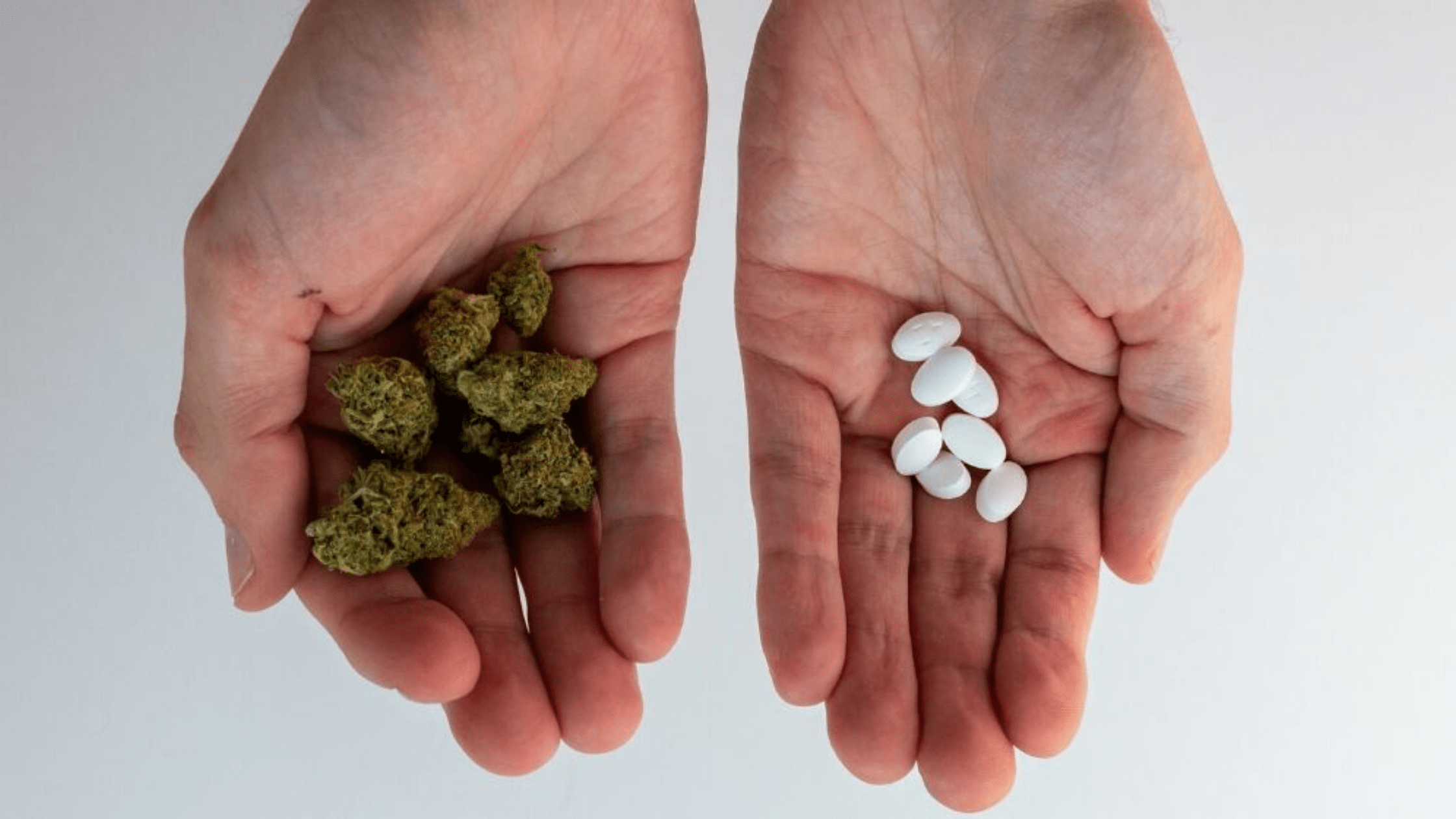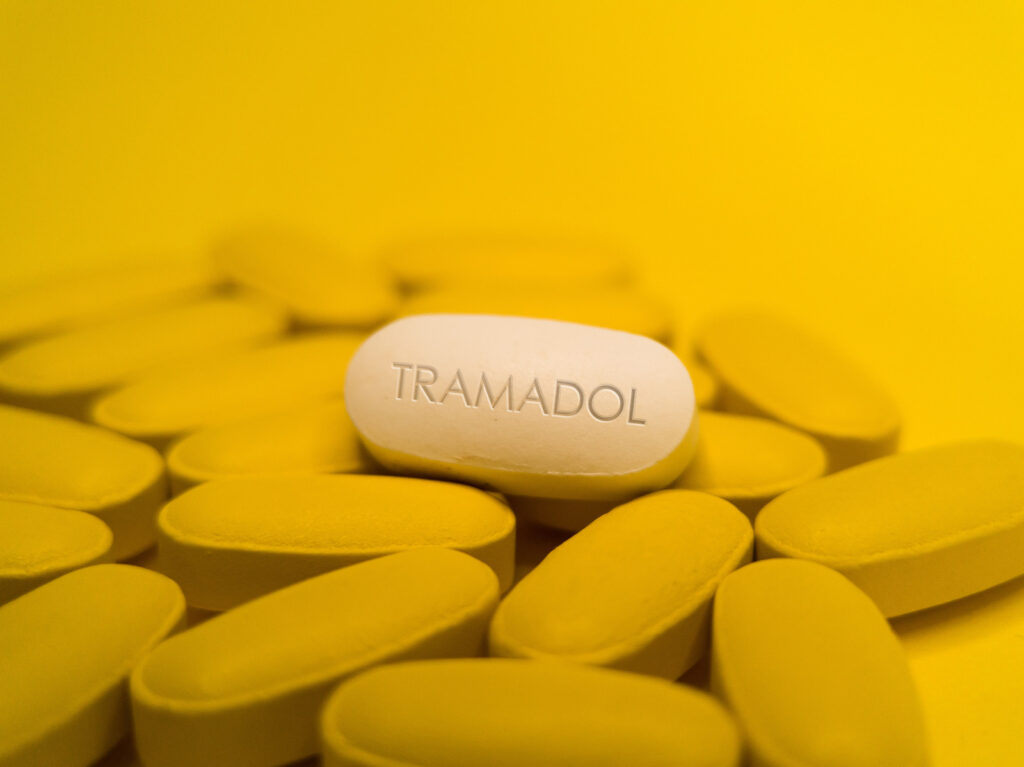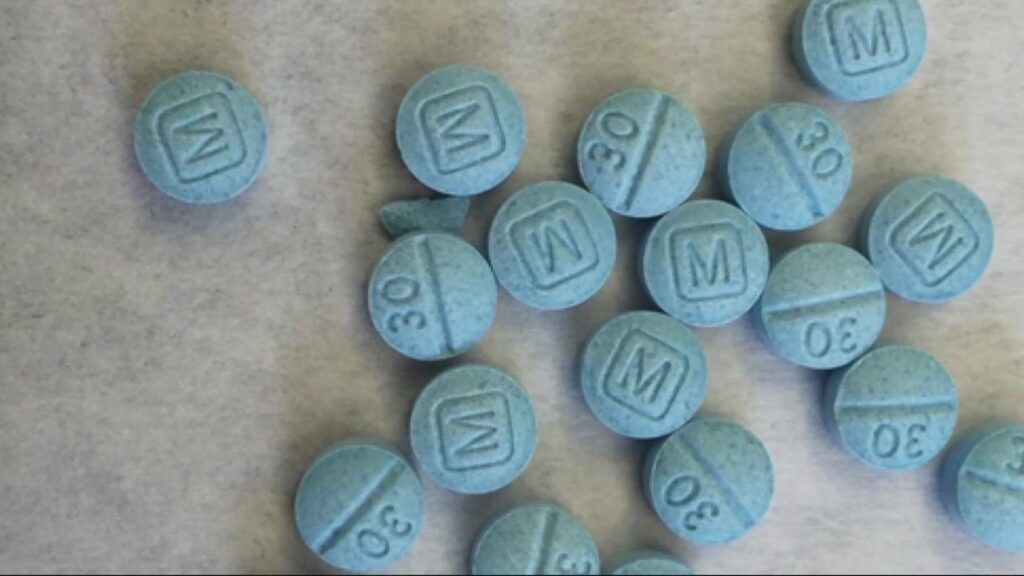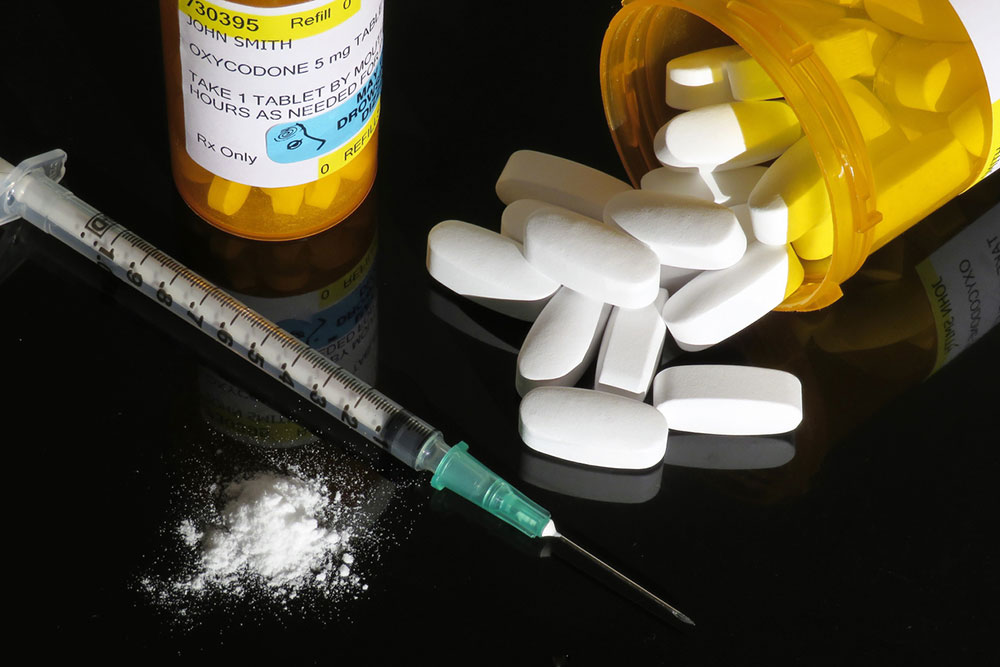What Happens If You Mix Zoloft® And Weed? The Effects Of Drugs & Antidepressants

Zoloft is an antidepressant that affects the reuptake of serotonin. Cannabis works by binding to the cannabinoid receptors in the brain. Combining these substances can cause negative drug interactions with physical and mental side effects.
Key Points
- Zoloft is also known as sertraline and is a selective serotonin reuptake inhibitor (SSRI).
- Zoloft treats depression, anxiety, and obsessive-compulsive disorder (OCD).
- Marijuana may treat anxiety, panic disorders, and pain.
- Mixing antidepressants and weed may elevate antidepressant levels in the blood, leading to more severe side effects and toxicity.
- Taking Zoloft and weed together may also cause unintentional serotonin toxicity.
Zoloft® Drug Facts
SSRIs like Zoloft prevent the brain from reabsorbing the serotonin it produces.[1] Serotonin is a feel-good hormone that promotes happiness and pleasure. Depression may be caused by a lack of this neurotransmitter. By preventing its reuptake, it builds up in the brain. This may cause increased feelings of happiness in those who have depression or anxiety.
Zoloft does not start working right away. It may take several weeks before people notice its effects. Take the pill as often as your physician prescribes, with or without food. There is also a liquid form that is mixed with a drink before consumption.
What Is Zoloft® Prescribed For?
This medication is primarily prescribed for depression and anxiety. It is also commonly used to treat post-traumatic stress disorder (PTSD), OCD, and other anxiety disorders. This medication can also treat social anxiety disorder and premenstrual dysphoric disorder. Off-label use includes the treatment of certain migraines and neuropathic pain.
Effects Of Zoloft®
Zoloft minimizes the symptoms of anxiety and depression. You may feel more content and relaxed after taking the medication for some time. The medication may help with better regular functions such as sleep and appetite. It can also reduce panic attacks and behaviors associated with OCD.
Cannabis Drug Facts
Cannabis is federally illegal in the United States, though many states have legalized it. Medical marijuana is prescribed by some doctors to treat anxiety, panic disorders, and pain. Cannabis contains over a hundred cannabinoids, but the main psychoactive compound is THC. THC causes a euphoric high when consumed.
What Is Weed Used For?
Many ongoing studies aim to determine what weed can treat. Studies have shown that weed may help treat seizures, nausea, loss of appetite, and vomiting from chemotherapy.
The substance enacts its effects by binding to cannabinoid receptor type 1 (CB1) and type 2 (CB2).[2] Some believe that it can also reduce inflammation, but more studies are necessary to confirm this.
Effects Of Weed
The effects of weed differ depending on the strain. Sativa strains produce energizing yet mentally calming effects. Its euphoria may spur creativity and increase alertness. Indica strains promote intense relaxation, which may help some people fall asleep. Some people may experience side effects like drowsiness, nausea, and dizziness.
Potential Interactions From Mixing Zoloft® And Weed
Some studies show that cannabis use may cause depression.[3] Mixing antidepressants and weed may prevent the antidepressants from doing their job. Cannabis may also slow or inhibit liver enzymes responsible for metabolizing drugs.
Antidepressants may build up in the system if they can’t be broken down. This may cause toxicity and other harmful consequences. An excess of serotonin can cause serotonin syndrome, also known as serotonin toxicity. This is dangerous and potentially fatal in severe cases.
Dangers Of Combining Zoloft® And Weed
The primary danger of combining these substances is toxicity and poisoning. Serotonin syndrome resulting from the buildup of serotonin can cause hyperthermia, hyperreflexia, and clonus.[4] Serotonin toxicity is common among those who purposely overdose on SSRIs to commit suicide. However, taking Zoloft and weed together may cause unintentional serotonin toxicity.
Dangerous Effects
Hindered Therapeutic Response
Weed makes the liver less efficient at metabolizing drugs. This may elevate the Zoloft level in the blood, leading to more severe side effects and toxicity, such as serotonin syndrome.
Possible Bad Reaction
Both Zoloft and weed have sedative effects. This causes the CNS to slow down and relax which can make depression worse. Excess depression of the CNS can cause a slow heartbeat and respiratory depression.
Respiratory depression can cause hypoxia, which is a lack of oxygen. Brain damage and death can result if a person is hypoxic for too long. A person’s heart may also stop if it slows down too much. Fainting, nausea, and seizures are also possible reactions.
Increased Serotonin
Serotonin syndrome is a rare but potentially fatal drug reaction. It causes heart palpitations, confusion, sweating, and gastrointestinal upset. The reaction may become fatal once tremors, fever, fainting, and seizures develop.
Permanent physical damage to the brain (especially in hypoxic situations) may result if the person survives the ordeal.
Holistic Treatment Options
Some mix Zoloft and weed because they think it will help their depression and anxiety. However, mixing them may lead to severe side effects and toxicity. Holistic treatment options can be more efficient and helpful.
Treatment For Depression
Depression is notoriously difficult to treat since it is poorly understood. However, therapy options and treatment programs can help. An outpatient program is great for those who suffer from clinical depression and related mental health issues. Outpatient programs allow you to go to work and handle your daily duties while still providing consistent treatment.
You can get treated at the clinic during the day and go home in the evening. Cognitive processing, group and individual therapies are all great options. They allow you to approach your mental health issues from different perspectives. This will improve your coping skills and let you view and think about the world more positively.
Spirituality groups, mindfulness, and emotional regulation skills are also helpful. Getting in touch with your emotional and spiritual sides may give you better control of your feelings.
Treatment For Marijuana Abuse
Partial hospitalization, intensive outpatient, and standard outpatient programs are important for those suffering from marijuana abuse. Marijuana can cause tolerance, dependence, and addiction in those who use it. You may feel extremely depressed or anxious when you try to stop the substance.
Professional treatment programs can make this process easier for you. Detoxing is often the first step. This allows you to get the substance out of your system to start fresh. Detoxing requires you to go through unpleasant withdrawal symptoms, but medical professionals will help you through it. This ensures the process is as safe and comfortable as possible.
Outpatient programs can teach you how to cope with your problems without drug abuse. They involve several hours of therapy almost every day. They remain flexible enough for you to keep your daily duties organized so you can maintain your life’s balance.
Treatment For Dual Diagnosis
Having more than one mental health disorder, such as depression and substance use disorder, is difficult. Most doctors only treat one problem at a time, and this may not affect how you think, feel, and behave.
Many people who use Zoloft are depressed. If the drug doesn’t work, patients may add weed to the mix, worsening their issues. Dual diagnosis treatment works by holistically treating multiple concerns at once. This ensures you will get the treatment that will benefit you most.
Pursue Healing and Balance
Mental health issues can be detrimental to a person’s life and relationships. They can cause issues like substance abuse that will further hurt a person mentally and physically. Professional treatment is the answer. Evidence-based therapies can help you reorganize your mind and get your life back on track.
Frequently Asked Questions
Are you or a loved one struggling with Drugs & Antidepressants? Reach out today.


